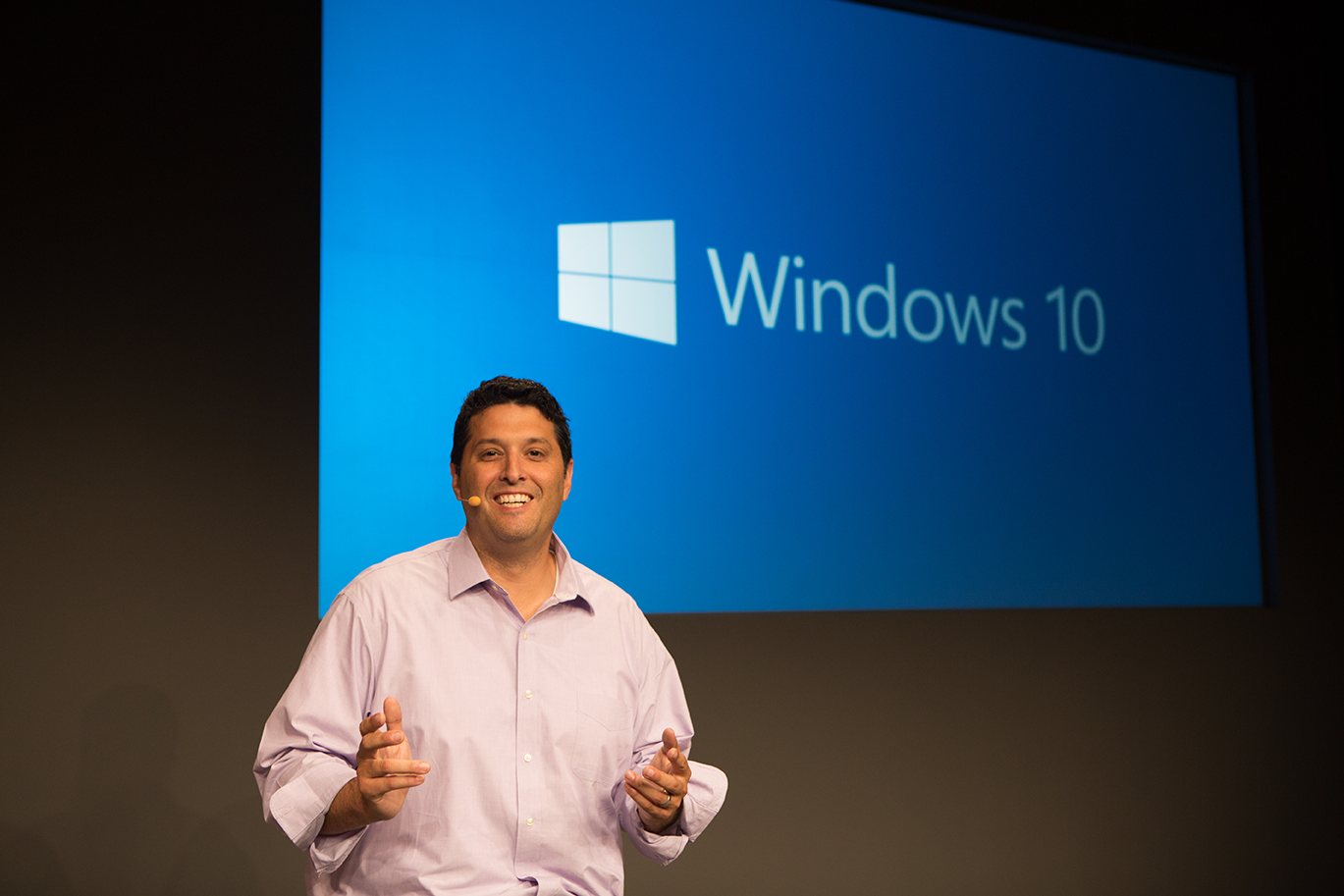China is polarizing Microsoft Windows 10 as bold strategies begin to surface

Microsoft seems to be focusing much of its attention on China, as recent news are surfacing about the type of relationship shaping up between Microsoft and the mainland’s tech manufacturer Xiaomi.
Microsoft Windows 10 runs on Android devices
The first piece of news that jumped to our attention is how Microsoft is decidedly taking on Android, with its own operating system, challenging testers of phones and tablets built by Xiaomi, to replace the stock Android operating system, with Windows 10.
Xiaomi’s devices are only sold in China, making this market less controversial than it would be if it were in the US, however, if the experiment yields as much as Microsoft hopes, Chinese mobile manufacturers could become very powerful sources of revenue for Redmond.
The process of installing Windows 10 on an Android device is not overly complicated. Microsoft will release a custom-based ROM, to an initial limited number of Xiaomi Mi4 users. The software is no different from an installable image of an operating system, such as in the case of Microsoft Windows 10 Preview. This image will effectively replace any stock operating system, turning the host device into a Windows 10 device.
As Microsoft Windows 10 approaches its Summer release, which includes 190 countries, the software giant is reportedly planning to make Microsoft Windows 10 available in ROM versions spanning across an increasing number of devices.
Microsoft to fighting software piracy, with kindness
According to a 2011 report by former Microsoft CEO Steve Ballmer, 90% of all copies of Microsoft Windows installed by Chinese users were pirated, including copies of the operating system that were preinstalled on computers sold at retail level.
Fighting piracy using traditional means, from assessing hefty fines to delivering lawsuits, may work here in the US. China poses a problem on two fronts: in terms of numbers, and in regard to the sophistication of the hacks involved in enabling pirated software to work, as well as making it very expensive to track.
In a recent interview, during the WinHEC in Shenzhen, China, Terry Myerson has been quoted as saying that “We are upgrading all qualified PCs, genuine and non-genuine, to Windows 10”.
Myerson’s statement is telling of a strategy that Microsoft has contemplated for a long time: turning a staggering number of pirated copies of Windows into genuine Windows 10 installations, effectively boosting the presence of the software giant.
Once Microsoft establishes itself in China on the PC front, the step to mobile is a no-brainer, considering that Xiaomi needs a strong ally to make a play in the smartphone world, against Apple, whose iPhone has become a status symbol for Chinese users.